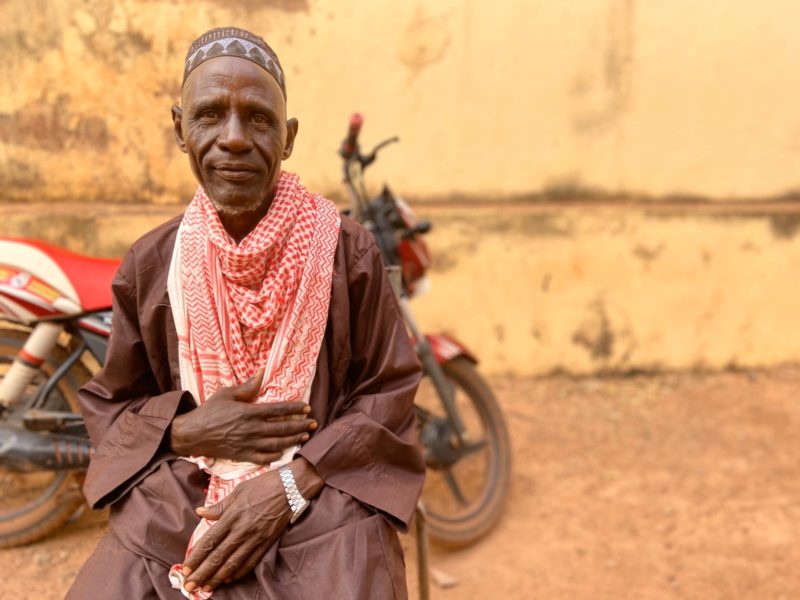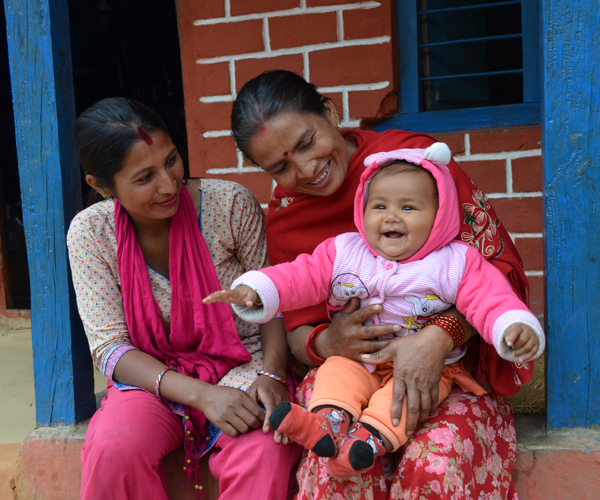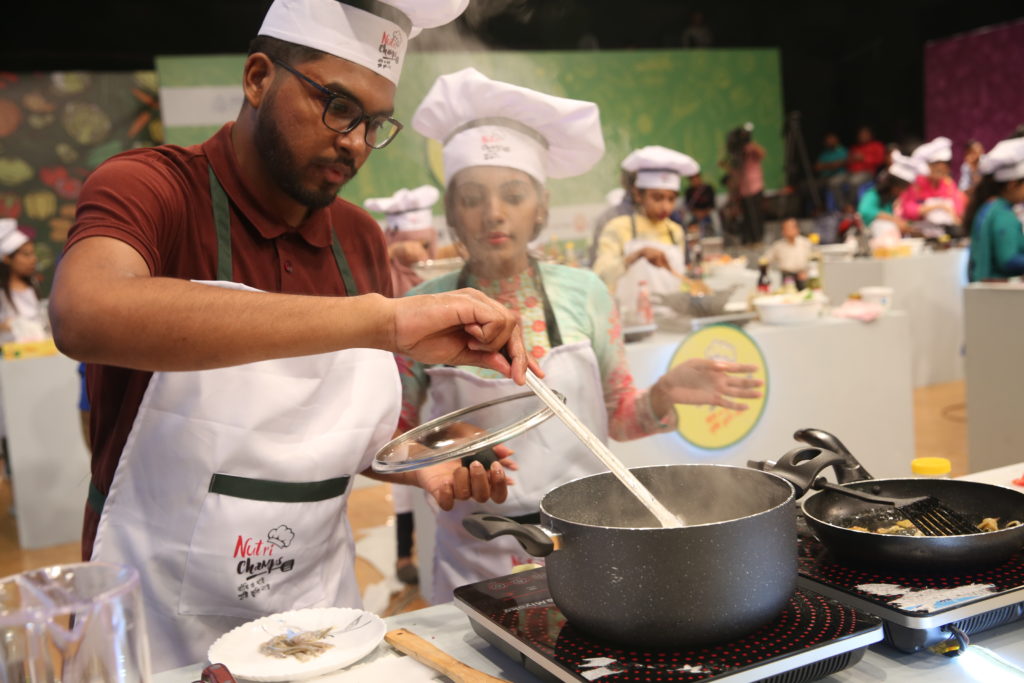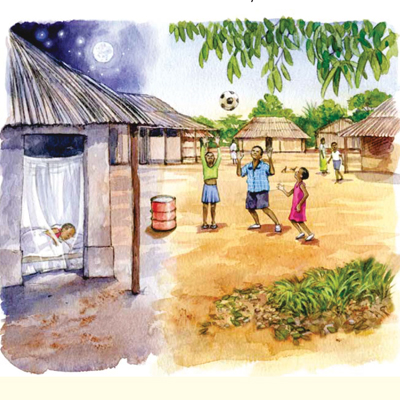
Subscribe to CCP's monthly newsletter
Receive the latest news and updates, tools, events and job postings in your inbox every month

We believe that the key to social and behavior change is communication. It can help people adopt healthy behaviors, overcome social and structural barriers and improve their lives and those of their families and communities.
Our approaches are grounded in behavioral science and communication theory along with decades of learning alongside our partners and stakeholders. In addition to getting people the information they need to act, we create opportunities for people to gather and reflect on how they can best support their families’ health.
We are agnostic about which approach is best. We rely on context, local knowledge and data to determine the mix of interventions with the greatest potential for impact. By using a combination of traditional and new approaches we create programs that provide role models to emulate and baby steps to follow on the path to change.
We use face-to-face communication, working with our partners on the ground to provide judgment-free zones and make it easy to ask difficult questions without fear. We engage religious and other community leaders as fellow champions of change, as they can positively affect the beliefs and actions of their constituencies. We use advocacy approaches to address structural and other barriers that stand in the way of progress.
And we are committed to the continual pursuit of testing, learning, evolving and sharing to ensure that we, our partners and the SBC community are able to respond effectively to the challenges we face.
Simply put, Entertainment-Education is designed to both entertain and educate, intentionally weaving important health and social issues into powerful storytelling shared via radio, television, social media, games, music, comic books and others.
At CCP, we use Entertainment-Education as a catalyst for social and behavior change. We know that a truly engaging story can resonate with people, prompting them to reflect on their own lives and make healthier choices for themselves and their communities.
Click on map to see samples of CCP's work
Receive the latest news and updates, tools, events and job postings in your inbox every month
In Cambodia, the CCP-led Breakthrough ACTION project developed an animated series to help kids – and their parents – stay safe from COVID-19 and deal with the struggles of virtual schooling during the pandemic.
In Nigeria, CCP turned our Albishirin Ku radio drama on maternal and child health into a game that can be played via mobile phone, where callers win points for their mastery of important health and social concepts. If they get the answers right, players move one step closer to being crowned a virtual “Gwarzon Garin Bakeso,” or “Hero of Bakeso,” a fictional world full of real-world scenarios.
In Guatemala, new mothers were being bombarded with messages on the value of breastfeeding, spacing out the births of their babies, age-appropriate diets for their children and more. The problem was that it was the mothers-in-law – the abuelas – who held the power to make those decisions. CCP created a series of videos showing that the abuelas could be the seeds of change with extended families.

The Bhanchhin Aama (“mother says”) radio magazine and the Hello Bhanchhin Aama phone-in programs were created by Suaahara Integrated Nutrition. The “spokesperson” of the radio program is a fictional forward-thinking mother-in-law who encourages simple doable nutrition and sanitation actions.

In the style of American cooking competition shows, viewers in Bangladesh watched the contestants on “Nutri Champs” compete to quickly create nutritious meals. While the competition was certainly entertaining, the main mission of the program is to improve nutrition across the South Asian country by sharing the value of healthy eating.

The Life is Precious comic book, creating by CCP in Malawi, tells the story of Chimwemwe, a primary school girl who suffers from malaria and is absent from school, can’t play and loses her appetite. She receives an anti-malaria drug at a health center, completes the dosage, is healed, and her life goes back to normal. The comic book, distributed to more than 27,000 children, was designed to help them understand the importance of malaria treatment.

The Peabody Award-winning South African TV program Intersexions, created by the Johns Hopkins Center for Communication Programs and other partners, was the nation’s highest rated drama during its two-season run a decade ago. Now, viewers across Africa can watch it all over again on Netflix. Millions watched the series that dramatized the effects of a sexual network, tracing the movement of HIV/AIDS from partner to partner.
Hailed by critics and viewers alike, the Pakistani television drama Sammi was called by critics a “stand out” and the show “no one should miss.” But far from just being entertaining, the show used engrossing characters and engaging storytelling to raise awareness of social issues and prejudices rarely discussed in mainstream Pakistani society – with the ultimate goal of encouraging behavior change.